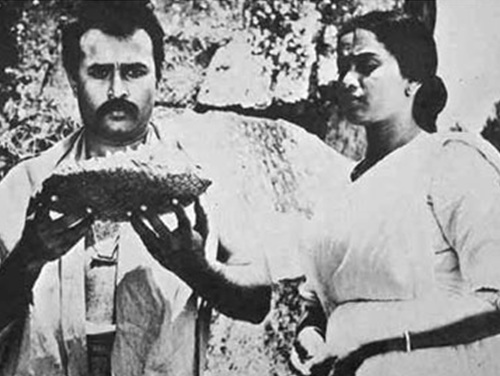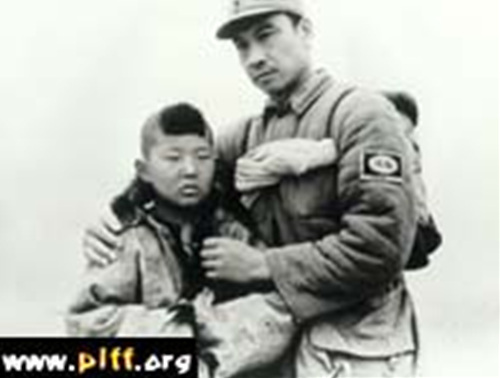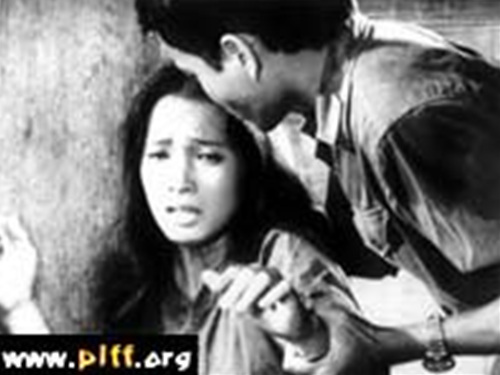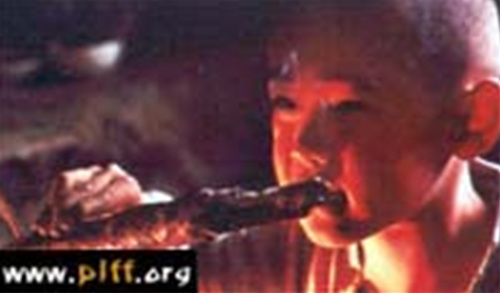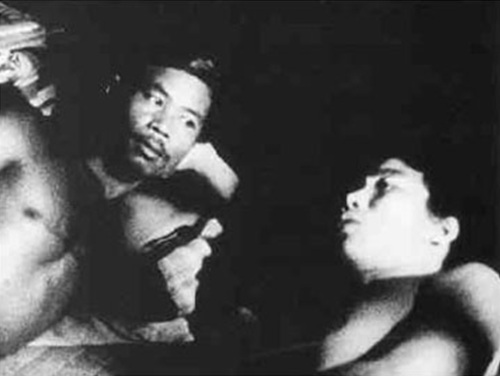영화 정보

Guests Who Came by the Last Train
Special Programs in Focus
- CountryKorea
- Production Year1967
- Running Time104min
- Format35mm
Program Note
One common trait in Yu Hyun-Mok′s cinema is his refusal to incorporate the Hollywood-style convention of a single hero. Such a notion is evident in An Aimless Bullet, Daughters of the
Pharmacist Kim, and in this film. Yu has strong preference for the ′group′ over the ′individual, the ′universal′ over the ′special,′ ′objectivity′ in place of ′subjectivity,′ etc. Yet the nature of his
directing style is that of being subjective, psychological, expressive and technical. The ideology passing through this film is an existential consciousness, questioning the extreme situations
faced by mankind and the place of destiny within its ideology. Exterior-wise, Guests Who Came by the Last Train depicts the love between Dong-Min and Bo-Young. Still, it also
features pop artist Choong-Hyun, his snobby wife, and In-Sook who acts as her younger substitute, all of whom are agonizing souls thrown into this hopeless world (as if they were
locked in the depths of a coal pit.) People with terminal disease, orphans, failed marriages, people in mental desolation, in poverty... these various troubles lead to their wandering
through this futile world, as the title ′Last Train′ from the original story by Hong Sung-Won suggests. (Jung Jae-Hyung)
Director


YU Hyun-Mok
Yu Hyun-Mok is a film pioneer responsible for cultivating the aesthetics of Korean cinema who also had immense influence on other filmmakers. He directed 43 features including the classic An Aimless Bullet which many consider as the single greatest Korean film ever made.
Born in 1925, Yu Hyun-Mok began his film career in 1955 with The Crossroad. Since then, he has pursued auteurism in the midst of a turbulent modern history and the barren nature of Korean cinema. His films represent a mirror which reflect Korea’s social reality in a critical manner, questioning society in the following manner: reality vs. existence in [An Aimless Bullet] (1961), religion vs. ideology in [Martyr] (1965) and [Rainy Days] (1979), and tradition vs. modern times in [Daughters of the Pharmacist Kim] (1963) and [Three Henpeck Generation] (1967). Yu Hyun-Mok has journeyed in search of human life. He also presents a unified aesthetic exploration of reality and ample experimentation in cinematic images. His latest project is 1995’s [Mommy, Star and Sea Anemone].
Credit
- Director
YU Hyun-Mok - CastLee Soon-Jae
Mun Hee
Kimg Sung-Ok
Nam Jung-Hee - CinematographyMin Jung-Sik
- Production CompanyDong Yang Films Co. Ltd.
kfa@cinematheque.or.kr
Photo






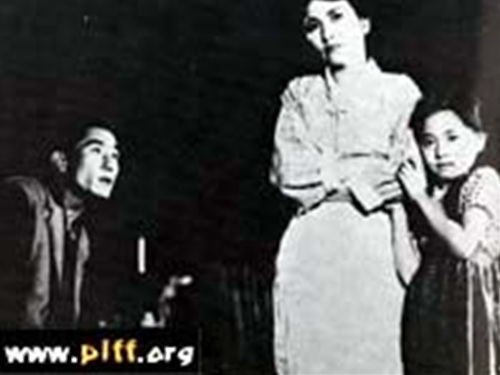
.gif)
